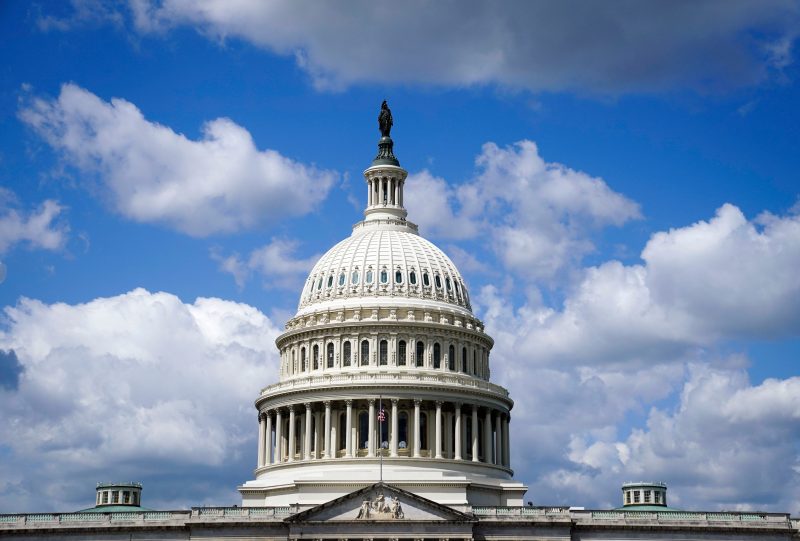House Members Introduce Bill That Would Grant NCAA Anti-Trust Protection
Recently, a group of House members introduced a bill that seeks to provide anti-trust protection for the NCAA, sparking a wave of discussions and debates within the sports community. The proposed legislation aims to address the ongoing issues related to the NCAA’s restrictions on student-athletes and the organization’s control over amateur sports.
One of the key provisions of the bill is to grant the NCAA a limited exemption from federal anti-trust laws. This exemption would allow the NCAA to enforce its rules and regulations without the threat of legal challenges based on anti-trust grounds. Supporters of the bill argue that this protection is necessary to maintain the integrity and competitiveness of college sports.
Opponents of the bill, on the other hand, raise concerns about the potential negative impacts of granting the NCAA anti-trust protection. They argue that such a move could further entrench the NCAA’s power and control over student-athletes, limiting their ability to advocate for fair treatment and compensation. Additionally, critics fear that the exemption could lead to the exploitation of student-athletes by the NCAA and its member institutions.
The bill has sparked a broader conversation about the structure and governance of college sports. Many advocates for student-athletes’ rights see this as an opportunity to push for more comprehensive reforms within the NCAA. They argue that the current system is outdated and no longer serves the best interests of student-athletes.
Some proposed reforms include allowing student-athletes to profit from their name, image, and likeness (NIL), providing better healthcare and academic support, and creating pathways for student-athletes to receive fair compensation for their contributions to college sports. These reforms aim to address the power imbalance between the NCAA, its member institutions, and student-athletes.
As the debate over the bill continues, it is clear that there are no easy answers to the complex issues facing college sports. Finding a balance between protecting the NCAA’s interests and ensuring the rights and well-being of student-athletes will require careful consideration and collaboration among all stakeholders.
Overall, the introduction of this bill highlights the need for a comprehensive review of the NCAA’s role in college sports and the ways in which it impacts student-athletes. It is crucial to find solutions that uphold the values of fairness, integrity, and justice within the realm of amateur athletics. Whether this bill will be the catalyst for meaningful change or further entrenches the status quo remains to be seen.
